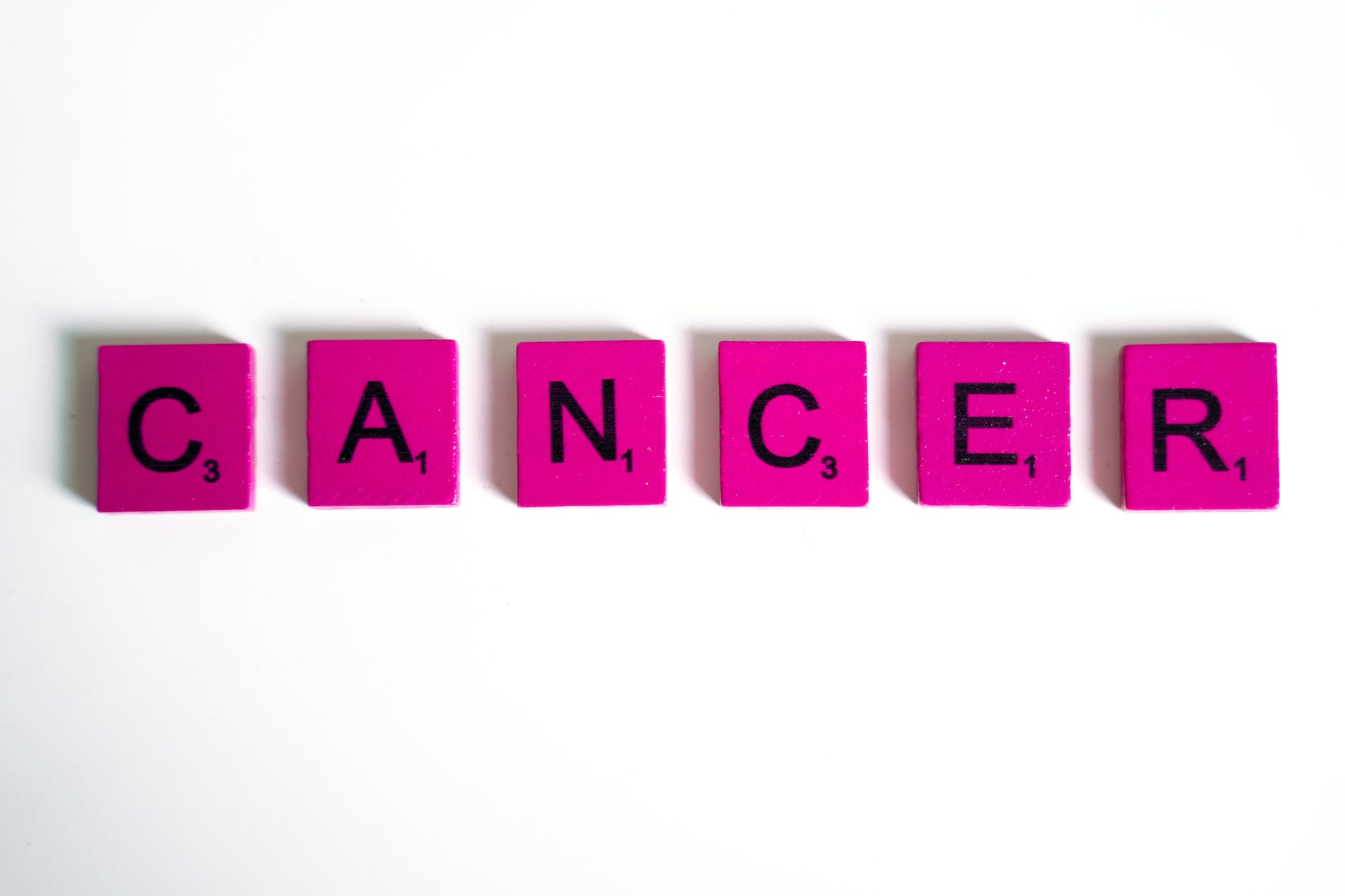
Cancer
A diagnosis of prostate cancer can be a momentous event that completely changes a person’s life and raises a plethora of questions, concerns, and emotions. But it’s important to keep in mind that life goes on after a diagnosis and that there are proactive measures one can take to help them through this difficult path. This attempt to shed light on a variety of topics related to living with a prostate cancer diagnosis, including coping strategies, available treatments, and the significance of mental health.
1. Understanding the Diagnosis
Acquiring a thorough comprehension of the condition is the first stage in the process of navigating life after receiving a diagnosis of prostate cancer. The disease known as prostate cancer is a complicated one, and every single instance is different. Spend some time getting a full understanding of the specifics of your diagnosis, such as the stage and grade of the malignancy. With this information, one can make educated decisions about the many therapy options available to them.
2. Exploring Treatment Options
The second essential step, which follows the comprehension of the diagnosis, is the investigation of the many available therapy alternatives. Conventional treatments, which can include surgical procedures, radiation therapy, and hormone therapy, are frequently taken into consideration. On the other hand, the landscape of prostate cancer treatment has transformed, offering novel techniques such as focused therapy treatment. In the treatment of prostate cancer, focal therapy is becoming increasingly popular as a focused and minimally invasive alternative. This treatment provides patients with the opportunity to maintain their quality of life while experiencing fewer adverse effects.
3. Focal Therapy
While treating only the malignant tissue, you can consult experts for focal therapy that aims to preserve the healthy prostate tissue that surrounds the abnormal area. When opposed to more severe therapies, this method, which is focused on precision, tries to reduce the level of influence on sexual and urine function. Efforts are being made to strike a delicate balance between the elimination of cancer and the maintenance of a high quality of life. One of the most important steps in making an informed decision that is in line with your values and priorities is to have a conversation with your healthcare team about the potential benefits and dangers of focused therapy. You can also research “focal therapy prostate cancer” for more info.
4. Coping with Emotional Challenges
A prostate cancer diagnosis brings with it emotional difficulties in addition to physical ones. They are navigating life after diagnosis requires learning to cope with these obstacles. Getting emotional support from friends, family, or support groups can be a great way to let your worries and fears out. To ensure a comprehensive approach to well-being, seeking the counsel of a mental health expert is an additional proactive measure to manage the emotional toll of prostate cancer.
5. Embracing Lifestyle Changes
Accepting lifestyle adjustments is frequently necessary to maximize general health following a prostate cancer diagnosis. Fundamental changes to one’s lifestyle include giving up tobacco and heavy alcohol use, eating a well-balanced, nutrient-rich diet, and exercising frequently. In addition to improving overall health, these modifications can have a favorable effect on the body’s ability to withstand and recover from cancer treatment.
6. Prioritizing Regular Follow-ups
It’s critical to schedule routine check-ups with your medical team to track the development of your prostate cancer. During these consultations, any new issues can be addressed, possible therapeutic side effects can be discussed, and the care plan can be adjusted as needed. Maintaining open lines of contact with your medical team during the post-diagnosis period can guarantee that you stay knowledgeable and in control.
7. Engaging in a Supportive Community
Navigating life after learning you have prostate cancer is not a journey you take alone. Participating in a community of people who encourage and support one another and who have experienced or are experiencing comparable struggles can be of tremendous benefit. Whether in-person or virtual, support groups allow members to share experiences and expertise with one another as well as provide and receive emotional support. by being able to realize that they are not traveling alone, individuals can develop a stronger feeling of community.
Conclusion
A thorough approach is necessary to navigate the complex journey that follows a prostate cancer diagnosis. To successfully navigate this path, it is important to comprehend the diagnosis, look into treatment alternatives, think about cutting-edge strategies like focused therapy, address emotional difficulties, accept lifestyle modifications, prioritize routine follow-ups, and connect with a supportive group. Every person’s experience is different, but with proactive measures and continued education, one can work toward not only surviving but also thriving after receiving a prostate cancer diagnosis.






